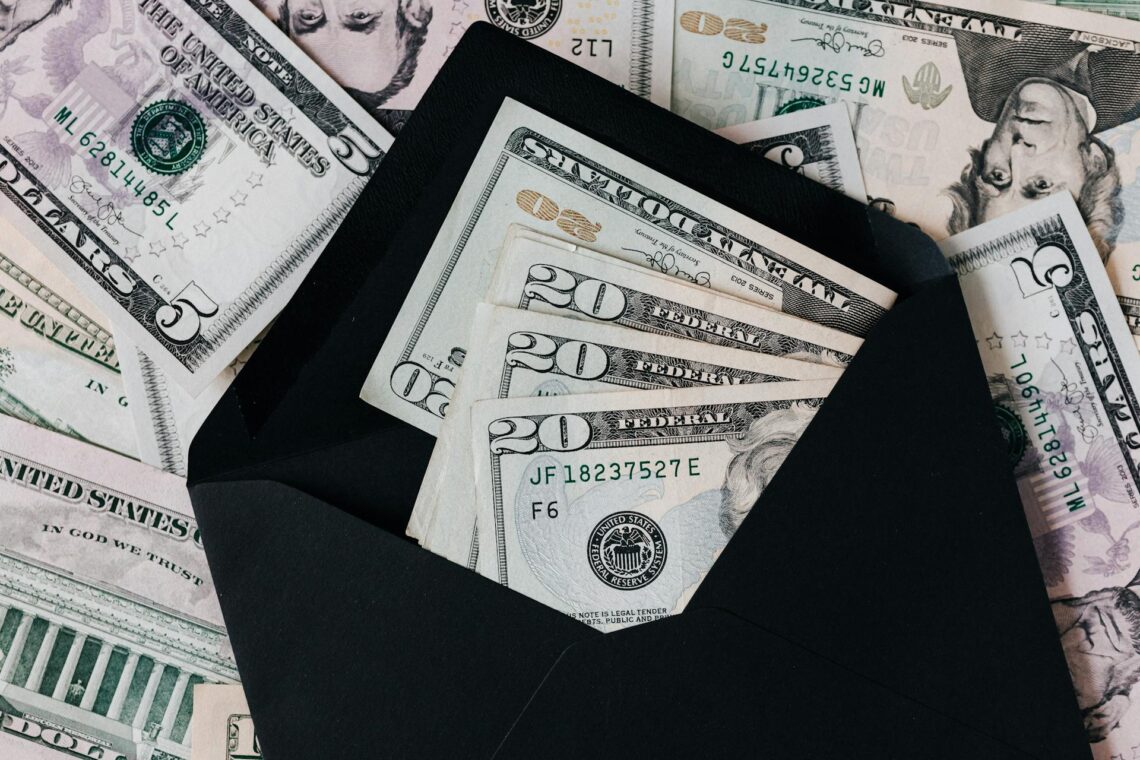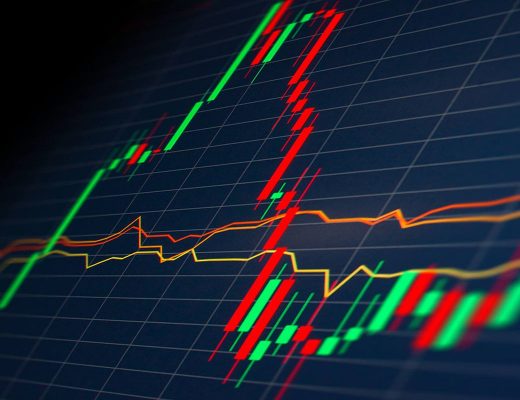How the Tobin tax affects the income of private buyers
Many factors, both positive and negative, influence financial market activity. For example, speculative processes can disrupt the balance of trade, which affects profits. In order to prevent such a situation, the Tobin tax is used.
Such a tax applies to a specific category of transactions to eliminate the risk of mispricing several assets. Initially, the tax will focus on financial institutions and their intermediaries. However, in some cases, it may directly affect the clients of the designated companies.
Reasons and peculiarities of implementation
The Tobin coefficient was James Tobin’s brainchild in the 1970s. His idea was to impose a 0.5% tax on the whole world, which would apply to every payment transaction. However, the project remained theoretical.
ATTAS organisation proposed applying the tax to the global market during the crisis of the 1990s. Its implementation was under discussion during the collapse of the 2000s. The project’s authors argued in favour of the need for funds as compensation for the damage caused by the crisis. However, the IMF rejected the proposal for two main reasons:
– the costs cannot be borne entirely by consumers;
– the use of the coefficient is appropriate only if it operates globally. The question of tax has been on the agenda since 2011. At that time, the European Commission asked EU member states to consider introducing the tax. This time, the experts proposed a rate of 0.1%-0.25%. It would apply to transactions in derivatives and shares of companies with a capitalisation of more than €1 billion. A number of European countries have adopted the tax, but only on a unilateral basis. Among them:
The question of tax has been on the agenda since 2011. At that time, the European Commission asked EU member states to consider introducing the tax. This time, the experts proposed a rate of 0.1%-0.25%. It would apply to transactions in derivatives and shares of companies with a capitalisation of more than €1 billion. A number of European countries have adopted the tax, but only on a unilateral basis. Among them:
– Belgium;
– United Kingdom;
– France;
– Ireland;
– Greece;
– Spain;
– Italy.
Each country has a different rate. In the UK it is 0.5%, in France 0.3% and in Spain 0.2%.
Impact on investor returns
A key factor in the debate on the Tobin ratio is individual income. Direct investment is likely to put pressure on private capital. In Spain, for example, the tax applies to the purchase of shares by anyone. In addition to the tax rate, buyers also pay additional fees for financial transactions.
Investments in variable income funds are also affected by the tax. It reduces returns by more than 7% over 25 years. At the same time, in the long run, the rate favours cost reduction. However, this trend only applies if you switch from direct investments to funds.
As regards the Spanish example, criticism of the tax’s effect comes mainly from local stock exchanges. The rate puts pressure on trading volumes, which has been acute in recent years, and exacerbates falling revenues. Problems in the global and Spanish economies have led to reduced activity on the exchange.










